Bolton: US to defend interests in Venezuela amid Russian, Chinese 'provocative actions'
US National Security Advisor John Bolton has warned Russia, China and other allies of Venezuelan President Nicolas Maduro against any deployment of troops and military equipment in the Latin American country, saying Washington will defend its interests against such "provocative" actions.
“We strongly caution actors external to the Western Hemisphere against deploying military assets to Venezuela, or elsewhere in the Hemisphere, with the intent of establishing or expanding military operations,” Bolton said Friday.
“We will consider such provocative actions as a direct threat to international peace and security in the region. We will continue to defend and protect the interests of the United States, and those of our partners in the Western Hemisphere,” he added.
Earlier this week, US President Donald Trump said “Russia has to get out” of Venezuela and warned that “all options” were on the table to force Russia out of the region after two Russian air force planes carrying nearly 100 military personnel landed outside the Venezuelan capital, Caracas.
Meanwhile, a Chinese plane loaded with 65 tons of medical aid landed in Caracas on Friday, a move that was expected to infuriate the administration in Washington, which has spared no efforts in forcing Maduro to step down by triggering an economic crisis through the imposition of tough sanctions on the oil-rich Latin American country.
Russia has dismissed the US allegations, defending its move in dispatching military “specialists” to Venezuela as part of a military-technical cooperation agreement signed by the two countries in 2001.
Brushing aside Trump’s threat, Moscow has defended the deployment arguing that it posed no threat to regional stability.
US plans new Russia sanctions over Venezuela
Earlier on Friday, Elliott Abrams, the US special envoy to Venezuela, also said he had delivered to Secretary of State Mike Pompeo a list of options, including diplomatic pressure and economic sanctions, that could be employed against Moscow if it continued to send military personnel to Caracas.
“I think it would be a mistake for the Russians to think they have a free hand here. They don’t,” Abrams said.
The United States and most other Western countries have expressed support for Venezuelan opposition leader Juan Guaido, who invoked the country’s constitution in January to declare himself interim president.

Russia and China, however, back the legitimate government of Maduro, who has called Guaido a “puppet” of Washington.
Moscow has also accused Washington of attempting to organize a coup in Venezuela in violation of the United Nations Charter.
Chinese aid consignment arrives in Caracas
Li Baorong, China's ambassador to Venezuela, said the delivery was part of previous "cooperation agreements" with Caracas.
The batch of medical aid included analgesics, surgical equipment and medicine for diseases such as diabetes.
"We are overcoming the purported siege, the blockade, which has been undertaken by President Trump and the diabolical puppet from here in Venezuela," said Venezuelan Vice-President Tareck El Aissami, referring to Guaido.
El Aissami, on the tarmac to meet the Chinese plane, said the medical supplies were the "first cargo of several that start from this moment."
The United Nations estimates that about a quarter of Venezuelans need humanitarian aid, according to internal UN estimates seen by Reuters.
Caracas, major Venezuelan cities drown in darkness
In a separate development, Caracas and other major Venezuelan cities were hit by a new electricity blackout on Friday as they were barely recovering from another outage that had paralyzed the country for days.
The power outage left the capital as well as cities like Maracaibo, Valencia, Maracay and San Cristobal without electricity, according to users on Venezuela’s social media networks.
It is the third time since March 7 that a major power outage hits large parts of Venezuela.
Maduro has blamed the nationwide blackouts on cyber attacks directed by the United States government.
The 56-year-old socialist leader's critics, however, have accused the government of failing to maintain the country’s infrastructure.
Minneapolis murders by ICE – backed by Trump – push US to the brink as protests intensify
Zelensky claims US security pact '100% ready' as war continues
Lebanese journalist tageted for exposing President Aoun’s pro-US, anti-resistance agenda
Wave of Israeli attacks target southern Lebanon in latest ceasefire violation
Iranian researchers develop indigenous software for precise satellite positioning
Iran vows deterrent response to any aggression amid US, Israeli threats
VIDEO | Press TV's news headlines
US pressure contributing to Israeli influence in Latin America: Experts


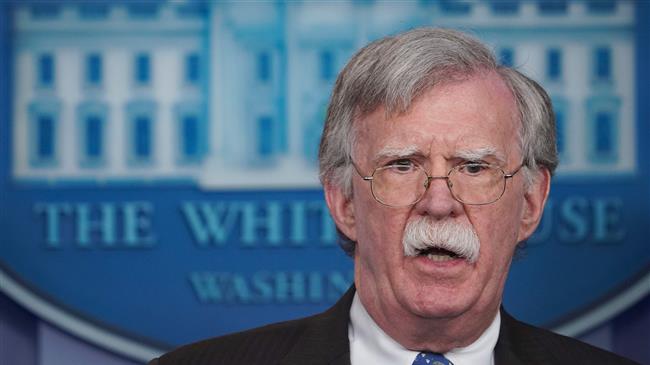


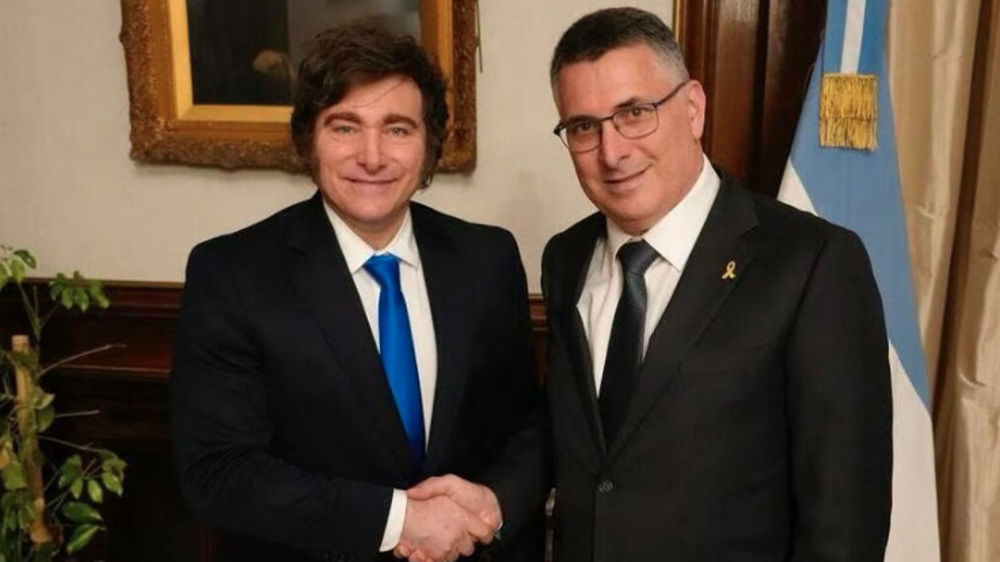
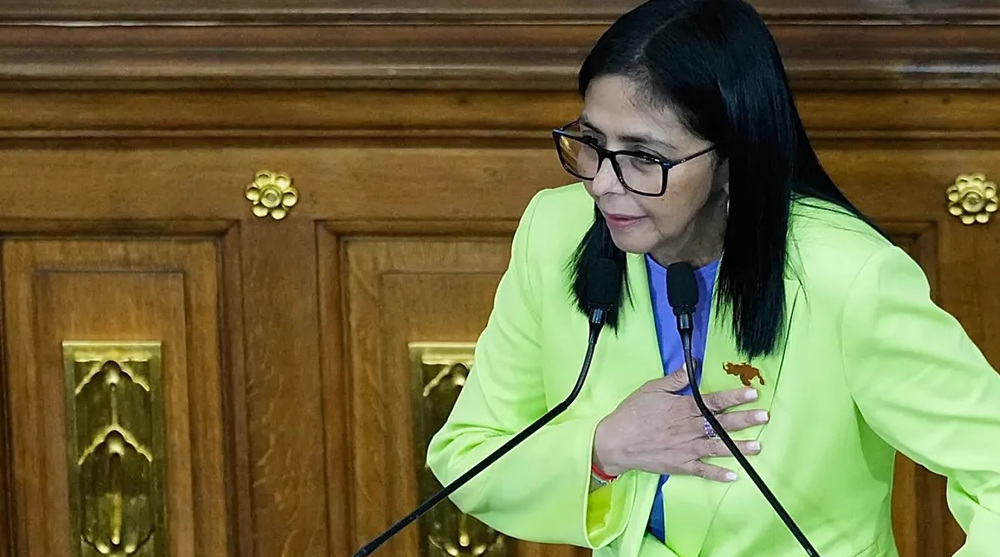
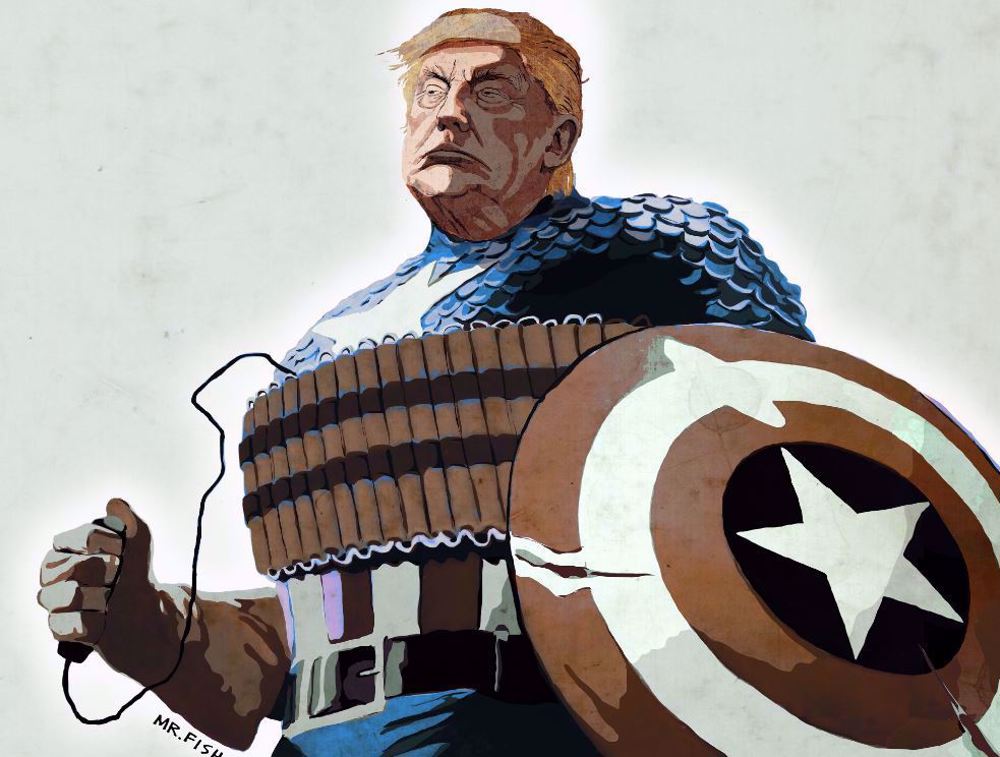



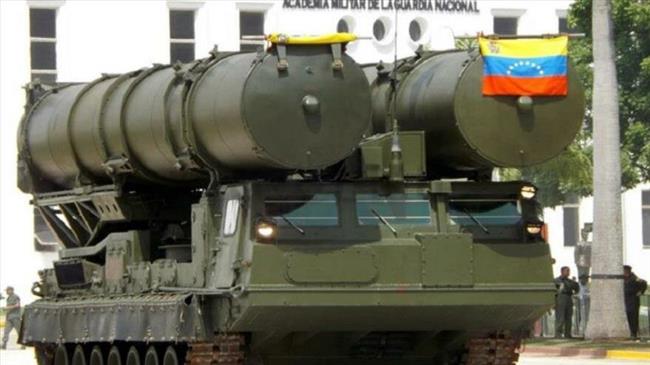

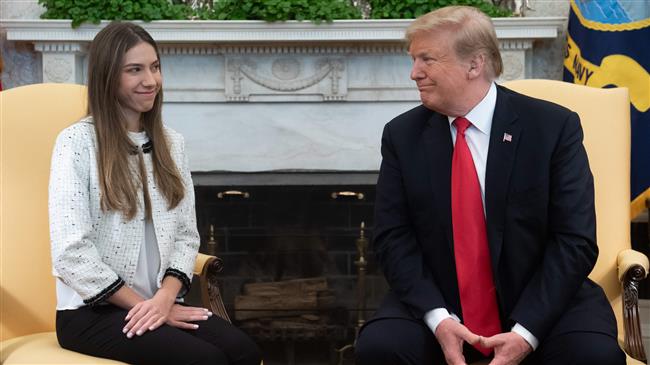
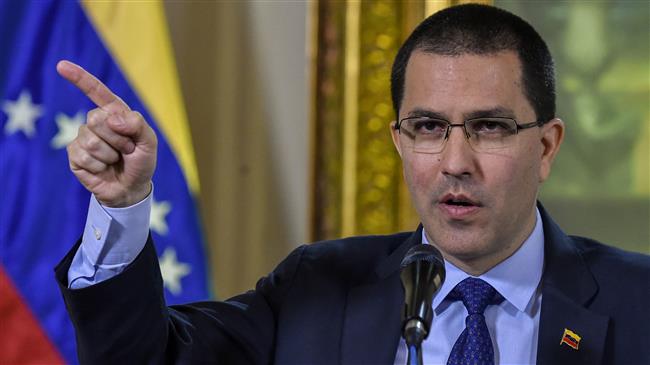
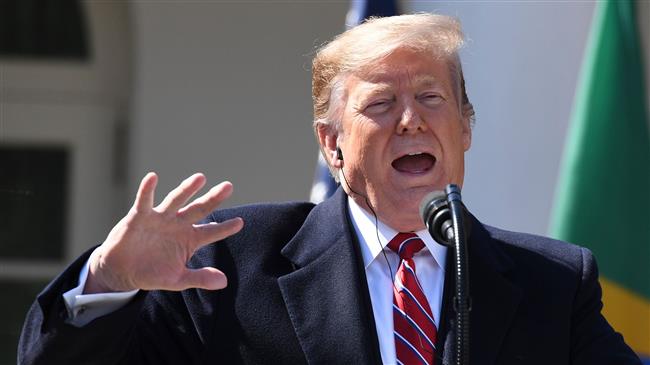
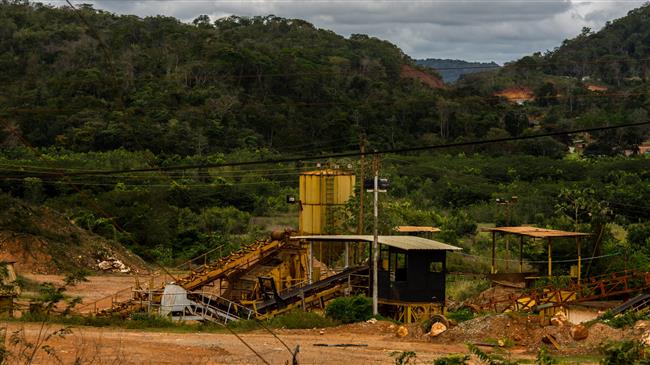

 This makes it easy to access the Press TV website
This makes it easy to access the Press TV website